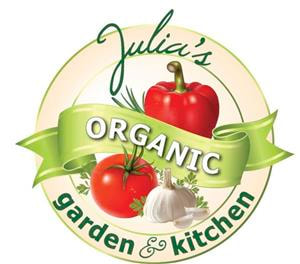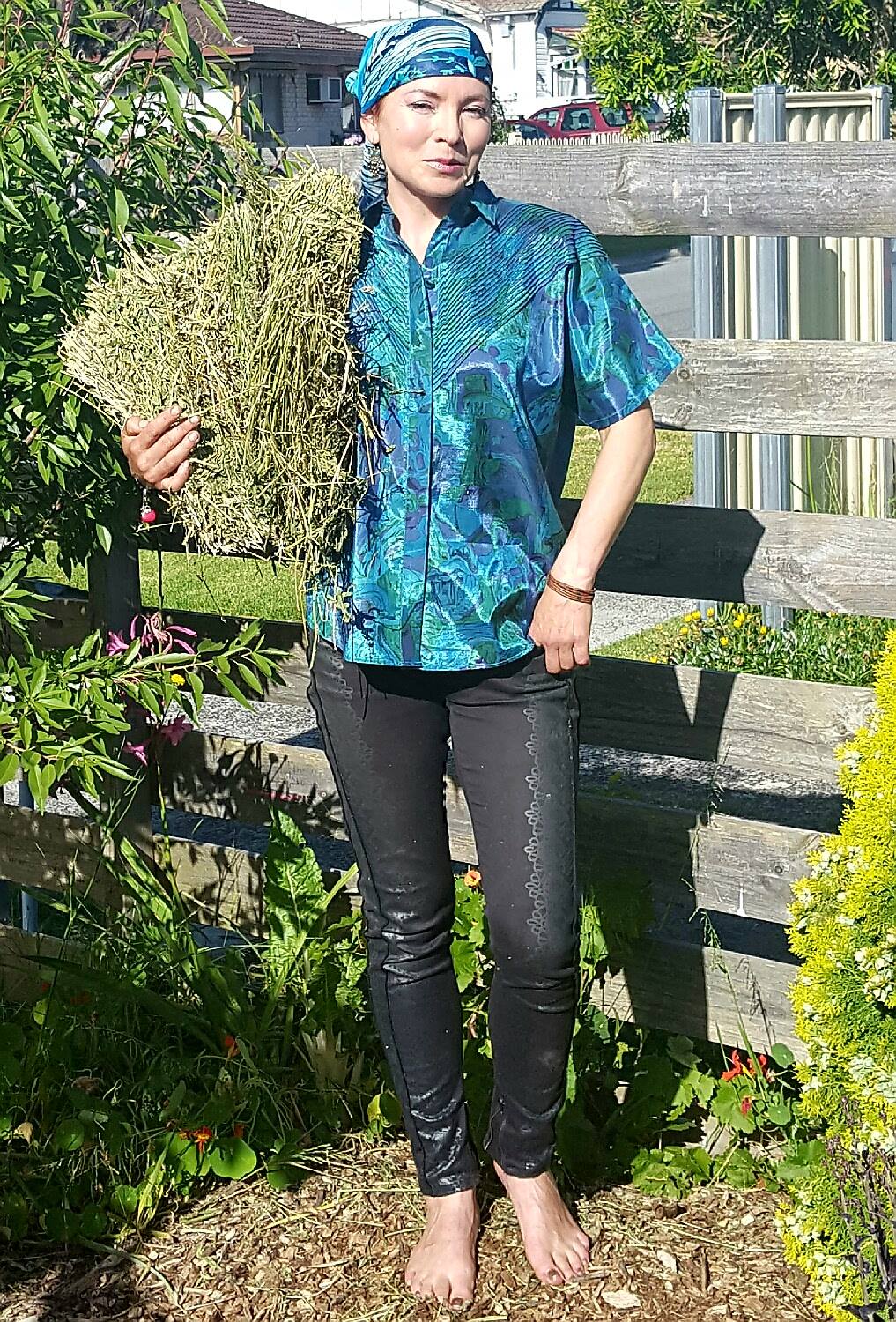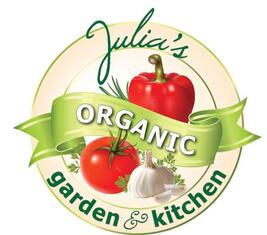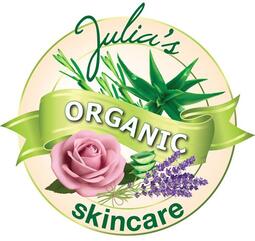|
What is mulch and why do we need it?
Mulch is everything that can cover soil in your garden to protect it from sun and heat during the summer and keep warm during the winter. Some other benefits: soil erosion protection, weeds suppression (my favourite feature – I love shortcuts) and also, if you're using organic mulch, soil enrichment. Also garden just looks nicer after mulch application. All mulch can be categorised in two big groups:
a. improves soil, by increasing fertility and growth of micro-organisms. b. by breaking down turns into precious humus and c. holds water by reducing evaporation (around 60%). So, what is the best mulch? Let's start with: Organic Mulch. Bark. In my opinion not the best mulch as its low in nitrogen and high in carbon, meaning – they are not beneficial for soil. Pluses – it smells nice, lasts longer and you can get it for free from trees – removalists. Hint! If you are still using it, don't forget to add fertiliser and check time to time soil's PH level, as bark usually increases acidity of the soil. I use this type of mulch to cover paths between beds. Straw. Straw is not expensive, breaks down easily (downside of that – you'll need to apply it a few times during the year), improve the soil, reflect the sun, easy to handle. Why I am not a biggest fun of this mulch? Its full of seeds (unless you are very confident in straw mulch quality that you are buying), that will become a weeds eventually. You can overcome this problem by making your bale wet, wait till the weeds germinate, then just pull them out. It bit too much hassle to me, and, yes, for that reason is not my favourite mulch either. Compost. One of my favourite, because its turn down to humus very quickly, hold water very well and it cost nothing to me, because I am doing it by myself, and here is a link how to make your own compost how-to-make-compost.html. The excellent type of compost is animal manure one, just be sure that it was de composted for at least six months (I usually compost it for one year, just to be in a safer side). Cocoa been Halls. They are beautiful, with a rich colour that doesn't fade away, smell nice and decompost slowly (compare with straw, leafs and grass clipping). However, they have some minuses: not cheap, I noticed that during the hot and wet summer become mouldy and can be poisonous for pets. Hint! After applying water them to prevent flying away. Grass clipping. Grass clipping is a source of nitrogen and will improve your soil too, just need to be dried before applying or be mix with another type of mulch, because its start to rot and stink. Leaves. Absolutely wonderful compost as it contains nitrogen and a lot of microelements, decompost very quickly, fantastic for water retention and improving your soil. I have a couple of beds where I was applying only leaves as a mulch, the soil there is dark, rich and smells so good! I usually stock up with my leaves mulch at the river beds – they are an absolute organic leaf mulch galore. Hint! Before applying its a good idea to shred it as it would form impenetrable mat. Also before applying inspect leafs if they have any signs of mould or infection and in this case just chuck them away. And don't apply eucalyptus leafs. Used coffee grounds. This type of mulch I've started to use quite recently, for about two months, and because there is no enough data collected my observations are still limited: - Its a source of nitrogen, though its worth to mention that it'll become a nitrogen after it'll break down. - Smells divine. - Look great, especially when applied around silver leafed plants. - Breaks down very quickly. - Cost nothing as its donated to my by coffee – shop. - Some of the gardeners claim that it repel cats, birds and snail with its smell. I haven't notice about cats. My cat still has annoying habit of rolling on a beds and smells like a cup of cappuccino now. Birds.. Definitely, they dig less, however, when its come to the berries, they don't mind the coffee mulch. And, yes, it repels snails and slugs. - And, by using coffee grounds, I am contributing to solving coffee – waste problem (around 75, 000 tones are going into land field every year in Australia). Hint! Try to use organic coffee grounds as according the statistic, around 60 – 70% of coffee been sprayed with pesticides. Non – organic mulch: Shredded newspapers. Quite a good mulch as it smoother weeds and hold the water. Just don't use glossy magazines. Decompst very quickly. Pebbles. Look great for landscaping purpose, never decompost, good for reducing soil evaporation, keep day's warmth and release it during the night, making it great for warm – loving plants (Mediterranean, for example). Landscape fabric. First, positives. It keeps weeds away, together with another mulch make your garden to look neater and the water is passing through. Now, why I don't use it. My head is always full of ideas, my garden is constant WIP and when its come to my favourite place on earth, I am a freaking perfectionist. So! This type of mulch doesn't let to transplant plant. Also: its expensive, warms hate it and it's time consuming to install. Rubber. Never used it and don't advise to use it to anyone, because:
Garden needs to be mulched at least twice a year: spring and autumn. Also I add some mulch during the summer. Before mulching, do a thorough weeding and watering of the plants (or do mulching after a rain). Don't apply mulch to close to the stem/trunk as after it starts to decompost it can attract some insects. Also, if you notice some mould, that can unfortunately happen during the wet season, rake your mulch to aerinite it. In this post I touch the basics of mulching, if you want me to discuss some type of mulch in more details, or think that I missed something, please leave your comment.
0 Comments
Your comment will be posted after it is approved.
Leave a Reply. |
Archives
February 2020
Categories |
Julia Organic Copyright 2021 Website MapMyBusiness


 RSS Feed
RSS Feed



